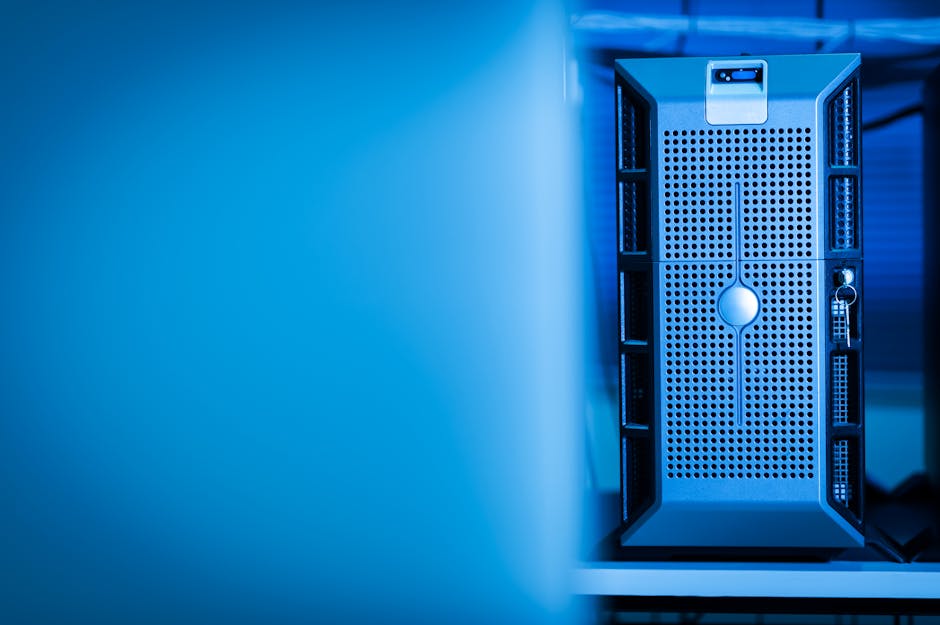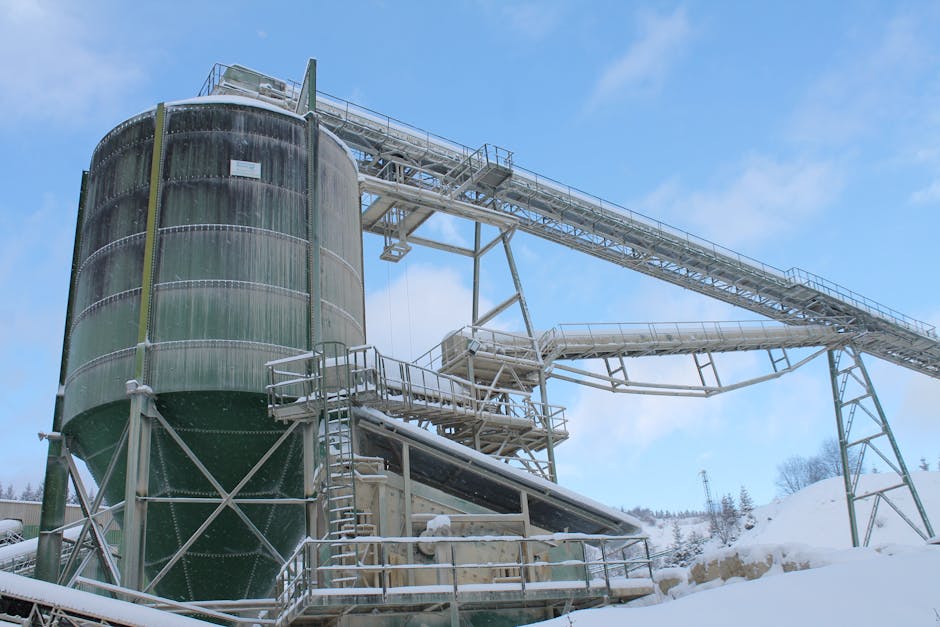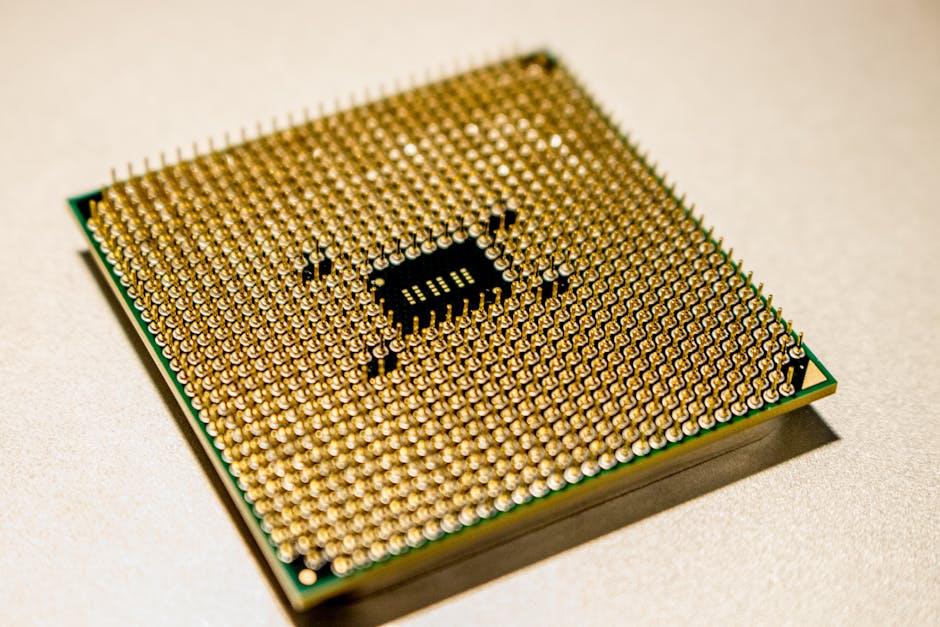Unlock encrypted content
Please enter your SSCE key to initiate on-the-fly decryption.
Decryption key: (Click cancel if you don't have the key)
Copied link to clipboard.
This feature is unavailable for free accounts. Upgrade now and enjoy all Premium benefits.
Go Premium!
This feature is unavailable for free accounts. Upgrade now and enjoy all Premium benefits.
Go Premium!
Please open this page in browser ( Google Chrome or Safari ) to use this feature.
Open In Browser
File Access Control, File Backup, and Cloud-Native Applications: A Paradigm Shift in Data Management
Random related video for this blog.
Copied share link to clipboard.
With the advent of cloud-native applications, edge computing, and quantum computing on the horizon, the way we handle data is undergoing a significant transformation. In this article, we will explore the latest trends and technologies that are shaping the future of file management, including automatic backup, mobile file sharing, and cloud storage for individuals. We will also delve into the potential impact of futuristic societies and transhumanism on data storage and access. So, let's dive in and explore the exciting world of file management in the 21st century.
File Access Control and Security:
File access control is a critical aspect of data management, ensuring that only authorized users can access and modify sensitive files. Traditional methods of file access control often rely on basic permissions and access rights, which can be cumbersome to manage and prone to security breaches. However, with the rise of cloud-native applications, new and more sophisticated file access control mechanisms have emerged. One such mechanism is encryption file sharing, which provides an additional layer of security by encrypting files before they are shared or stored in the cloud. By leveraging encryption algorithms, such as AES-256, sensitive data remains protected even if it falls into the wrong hands. FileLu, a leading cloud storage provider, offers encryption file sharing capabilities, allowing users to securely share files while maintaining full control over who can access them. Another key aspect of file access control is the ability to set granular permissions for individual files or folders. This ensures that users only have access to the files they need, reducing the risk of accidental or intentional data breaches. Cloud-native applications, such as FileLu's cloud storage, offer advanced permission settings that enable users to define access levels for specific files or folders. This level of control allows organizations to enforce strict datagovernance policies and comply with industry regulations.
File Backup and Automatic Backup:
File backup is crucial for data protection and disaster recovery. Traditional backup methods, such as manual backups to external hard drives or tapes, can be time-consuming and prone to human error. However, with the advent of cloud storage and automatic backup solutions, the process has become more streamlined and efficient. Automatic backup ensures that files are continuously backed up in real-time or at scheduled intervals, reducing the risk of data loss. FileLu's cloud storage offers automatic backup capabilities, allowing users to set up regular backups of their important files and folders. This feature ensures that even if a device is lost, stolen, or damaged, the data remains safe and easily recoverable. In addition to automatic backup, cloud-native applications also offer versioning capabilities, allowing users to restore previous versions of files. This can be particularly useful in scenarios where accidental changes or deletions occur, providing a safety net to revert to an earlier state. With FileLu's cloud storage, users can access previous versions of their files and restore them with a few clicks, mitigating the risk of data loss and minimizing downtime.Mobile File Sharing and Edge Computing:
With the proliferation of smartphones and mobile devices, the need for seamless file sharing capabilities has become increasingly important. Mobile file sharing allows users to access and share files on the go, enabling collaboration and productivity regardless of location. Cloud-native applications, such as FileLu's mobile app, provide a user-friendly interface for accessing and sharing files directly from mobile devices. Edge computing is another emerging trend that complements mobile file sharing by bringing computing resources closer to the data source. By processing data at the edge of the network, latency is reduced, and real-time file sharing becomes more efficient. This is particularly relevant in scenarios where large files need to be transferred quickly, such as in the case of video sharing sites or photo uploads. FileLu's edge computing capabilities ensure that files are transferred seamlessly, even in bandwidth-constrained environments.Quantum Computing, Transhumanism, and the Future:
As we look to the future, the impact of quantum computing and transhumanism on file management cannot be ignored. Quantum computing has the potential to revolutionize the way we store and process data, exponentially increasing computational power and encryption capabilities. This opens up new possibilities for secure file storage and access control, as quantum-resistant encryption algorithms become a necessity. Transhumanism, the belief in enhancing human capabilities through technological advancements, may also influence the way we interact with data. With the rise of brain-computer interfaces and augmented reality, individuals may have direct access to their files and data, blurring the lines between physical and digital storage. Cloud storage for individuals may evolve to cater to these futuristic societies, offering seamless integration between the human mind and the digital realm. Conclusion: In conclusion, the world of file management is undergoing a significant transformation driven by cloud-native applications, automatic backup, mobile file sharing, and emerging technologies like edge computing, quantum computing, and transhumanism. With FileLu's cloud storage solutions, individuals and organizations can embrace these advancements and ensure efficient file access control, secure backups, and seamless file sharing. The future of file management is exciting, and it promises to revolutionize the way we handle and interact with data. So, join the file management revolution today and experience the benefits of cloud-native applications and cutting-edge technologies.By Amelia Isabella.
Email: [email protected]
Related
Secure File Sharing and Intuitive Collaboration: Streamlining Workflows for Efficient...
July 15, 2023
Read More
Seamless File Integration with Third-Party Apps: Enhancing Efficiency and Productivity
July 15, 2023
Read More
<h1>Revolutionizing Data Storage: The Future of Remote Pilot Systems, Augmented...
July 15, 2023
Read More
Brain-Computer Interfaces (BCIs): The Future of Password Security and File...
July 15, 2023
Read More
<h1>Unlocking the Future: Exploring the Potential of Brain-Computer Interface and...
July 15, 2023
Read More
Customizable Storage Plans: Creating Folders and Multi-Factor Authentication for Secure...
July 15, 2023
Read More
Efficient File Manager System: Revolutionizing Cloud Storage Reliability with 5G...
July 15, 2023
Read More
Popular
Latest
The Future of Digital Transformation: Exploring Smart Homes, Efficient File...
November 30, 2025
Read More
Exploring the Benefits of Cloud Storage and Innovative Technologies in...
November 26, 2025
Read More
The Future of Technology: Exploring Biohacking, Space Tourism, and Digital...
November 23, 2025
Read More
The Future of File Sharing: Streamlined Workflows for Photographers and...
November 19, 2025
Read More
Exploring the Intersection of Technology: From Cybersecurity to Augmented Reality...
November 16, 2025
Read More
The Future of File Management: Embracing Edge Computing and Efficient...
November 12, 2025
Read More
The Future of File Sharing: Exploring User-Friendly Solutions and Data...
November 5, 2025
Read More
The Future of Cloud Storage: How FileLu Empowers Creative Professionals...
November 2, 2025
Read More
The Future of Autonomous Technologies: Innovations in Robotics, File Sharing,...
October 29, 2025
Read More
Emerging Technologies Revolutionizing File Management: From Li-Fi to Robust Collaboration...
October 26, 2025
Read More
Emerging Technologies: Exploring the Impact of File Access Auditing, Genetic...
October 19, 2025
Read More
The Future of Data Storage: Exploring Advanced Encryption, Mobile Integration,...
October 5, 2025
Read More
Exploring the Future of Data Management: Security, Efficiency, and Cognitive...
September 28, 2025
Read More
Revolutionizing Data Management: Innovations in Storage, Security, and Sustainable Technology.
September 24, 2025
Read More
















